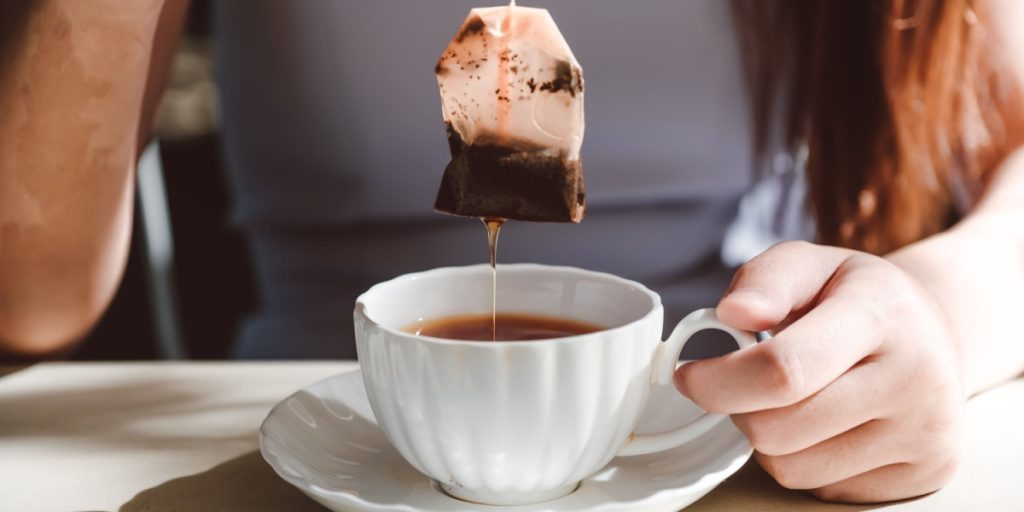It’s not just about living longer—but living well.
Others are reading now
While modern medicine continues to extend human life expectancy, researchers are increasingly focused on healthspan—the number of years we live in good health.
A new study published in The American Journal of Clinical Nutrition provides fresh insight into how simple dietary choices, particularly those rich in flavonoids, can help us maintain vitality as we age.
Tea drinkers may experience significantly better aging outcomes, especially women.
The study found that higher intake of flavonoid-rich foods—like tea, apples, berries, citrus fruits, and even moderate red wine—was linked to lower risks of frailty, physical decline, and poor mental health.
Also read
What the Study Revealed
Researchers from Australia and the U.S. drew from two of the largest long-term health studies: the Nurses’ Health Study (NHS) and the Health Professionals Follow-up Study (HPFS). These included over 86,000 participants, tracked for decades via questionnaires about diet, health status, and lifestyle.
Key findings for female participants:
- Those with the highest flavonoid intake had:
- 15% lower risk of frailty
- 12% lower risk of physical impairment
- 12% lower risk of poor mental health
- Specific foods and their associated benefits:
- Tea, red wine, blueberries, apples, and oranges lowered frailty risk by 11–21%.
- Red wine, blueberries, apples, strawberries, and oranges reduced the risk of physical limitations by up to 14%.
- Apples, strawberries, oranges, and grapefruit were tied to up to 15% lower risk of poor mental health.
These associations were strongest in the Nurses’ Health Study, suggesting women may benefit more from flavonoids than men, at least based on current data.
Why Tea Matters—and Which Kind to Choose
Black tea emerged as a quiet hero in the study.
Rich in flavonoids and widely consumed, its regular intake was strongly linked to reduced frailty in women. While the study focused on black tea, green, hibiscus, oolong, white, and rooibos teas are also excellent sources of antioxidants.
Researchers didn’t specify whether the tea was consumed plain or sweetened, but for maximum benefit, it’s advised to enjoy tea without added sugar or high-fat dairy.
More Ways to Boost Flavonoid Intake
Beyond tea, the study highlighted these foods for their powerful anti-aging potential:
- Berries: Add to smoothies, yogurt, or oatmeal.
- Citrus fruits and juices: Even a morning glass of OJ was linked to better health outcomes.
- Apples and strawberries: Great raw or in salads and desserts.
- Red wine: Linked to benefits only in moderation—one 5-ounce serving per day. Any more may negate the health boost.
Dark chocolate, while not analyzed in this specific study, is also flavonoid-rich. It’s best enjoyed in moderation (look for varieties with 70% cocoa or higher). Recipes like Chocolate Nut Bark or Crispy Peanut Butter Balls make it easy—and delicious—to add into your diet.
What About Men?
Men in the study showed fewer consistent benefits from flavonoid intake.
The strongest link was between flavonol consumption and better mental health, but not as clearly with frailty or physical function.
Researchers believe this may be due to shorter follow-up periods or underlying biological differences, underscoring the need for further research.


